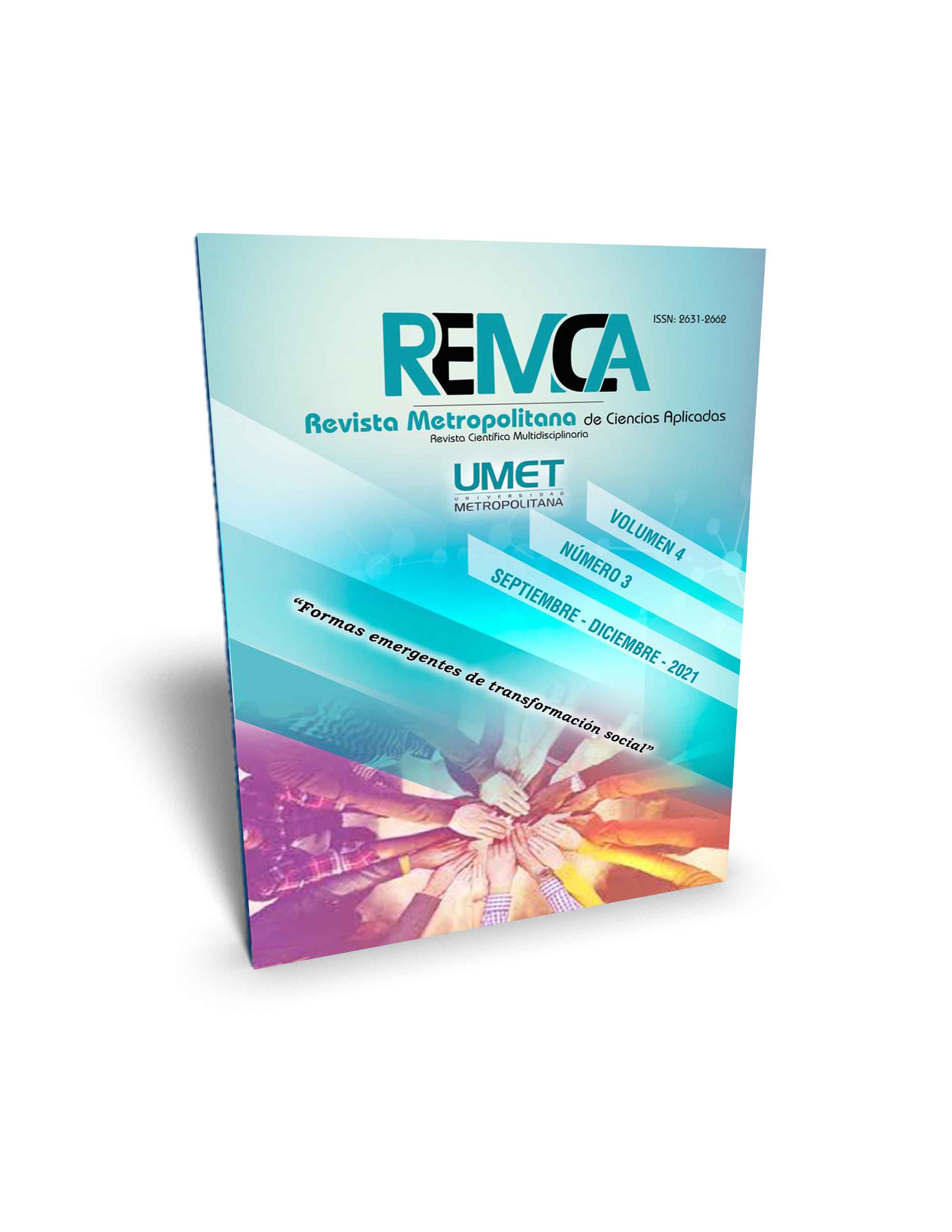La pintura como actividad de expresión artística para el trabajo docente en niños con TDAH de la educación inicial
DOI:
https://doi.org/10.62452/fabbsc70Palabras clave:
TDAH, atención, motivación, pintura, creatividad, educación inicialResumen
El déficit de atención e hiperactividad (TDAH), es uno de los trastornos que con gran frecuencia presentan los niños en la Educación Inicial. Esta influye de forma negativa en el proceso de atención de estos infantes. Los maestros de la Educación Inicial no siempre están preparados para dar el tratamiento psicopedagógico adecuado a estos niños durante el proceso de enseñanza - aprendizaje. Es importante conocer las manifestaciones de esta entidad para poder dar la respuesta pedagógica adecuada y lograr que los infantes mantengan la atención hacia las actividades docentes. Por otro lado, se considera a la pintura, como una manifestación de la expresión artística en la Educación Inicial, que constituye un ámbito importante de aprendizaje, por consiguiente, se conoce como una de las actividades que contribuye, por sus características, a lograr la atención y motivación de los niños con TDAH durante el proceso de aprendizaje correspondiente a su nivel. El objetivo de este trabajo es ofrecer una serie de actividades docentes a partir de la pintura, para esta población de estudio comprendida entre los 3 a 4 años, con el fin de que estos mantengan su atención y motivación a partir del proceso creativo que realizan como resultado de la actividad de pintar.
Descargas
Referencias
Aguirre, M. (2015). De conceptos. https://deconceptos.com/ciencias-sociales/ludico
Ecuador. Ministerio de Educación. (2014). Currículo de Educación Inicial. https://educacion.gob.ec/wp-content/uploads/downloads/2014/06/curriculo-educacion-inicial-lowres.pdf
Gómez, E., Ostrosky, F., & Próspero, O. (2003). Desarrollo de la atención, la memoria y los procesos inhibitorios: relación temporal con la maduración de la estructura y función cerebral. Revista de Neurología, 37(6), 561-567.
Hidaldo, M., & Sánchez, L. (2014). Trastorno por déficit de atención e hieractividad. Manifedtaciones clínicas y evolución. Diagnóstico desde la evidencia científica. Pediatría Integral, 18(9).
López, I., & Valenzuela, G. (2015). Niños y adolescentes con necesidades educativas esppeciales. Revista Médica Clínica Los Condes, 26(1), 42-51.
Medina, V. (2018). Guia Infantil. https://www.guiainfantil.com/la-pintura-infantil-y-los-ninos.htm
Ospina, J. (2006). La motivación, motor del aprendizaje. Revista Ciencias de la Salud, 4, 158-160.
Descargas
Publicado
Número
Sección
Licencia
Derechos de autor 2021 Ignacio García Álvarez, Azucena Monserrate Macías Merizalde, Raisa Emilia Bernal Cerza (Autor/a)

Esta obra está bajo una licencia internacional Creative Commons Atribución-NoComercial-CompartirIgual 4.0.
Los autores que publican en la Revista Metropolitana de Ciencias Aplicadas (REMCA), están de acuerdo con los siguientes términos:
1. Derechos de Autor
Los autores conservan los derechos de autor sobre sus trabajos sin restricciones. Los autores otorgan a la revista el derecho de primera publicación. Para ello, ceden a la revista, de forma no exclusiva, los derechos de explotación (reproducción, distribución, comunicación pública y transformación). Los autores pueden establecer otros acuerdos adicionales para la distribución no exclusiva de la versión de la obra publicada en la revista, siempre que exista un reconocimiento de su publicación inicial en esta revista.
© Los autores.
2. Licencia
Los trabajos se publican en la revista bajo la licencia de Atribución-NoComercial-CompartirIgual 4.0 Internacional de Creative Commons (CC BY-NC-SA 4.0). Los términos se pueden consultar en: https://creativecommons.org/licenses/by-nc-sa/4.0/deed.es
Esta licencia permite:
- Compartir: copiar y redistribuir el material en cualquier medio o formato.
- Adaptar: remezclar, transformar y crear a partir del material.
Bajo los siguientes términos:
- Atribución: ha de reconocer la autoría de manera apropiada, proporcionar un enlace a la licencia e indicar si se ha hecho algún cambio. Puede hacerlo de cualquier manera razonable, pero no de forma tal que sugiera que el licenciador le da soporte o patrocina el uso que se hace.
- NoComercial: no puede utilizar el material para finalidades comerciales.
- CompartirIgual: si remezcla, transforma o crea a partir del material, debe difundir su creación con la misma licencia que la obra original.
No hay restricciones adicionales. No puede aplicar términos legales ni medidas tecnológicas que restrinjan legalmente a otros hacer cualquier cosa que la licencia permita.




